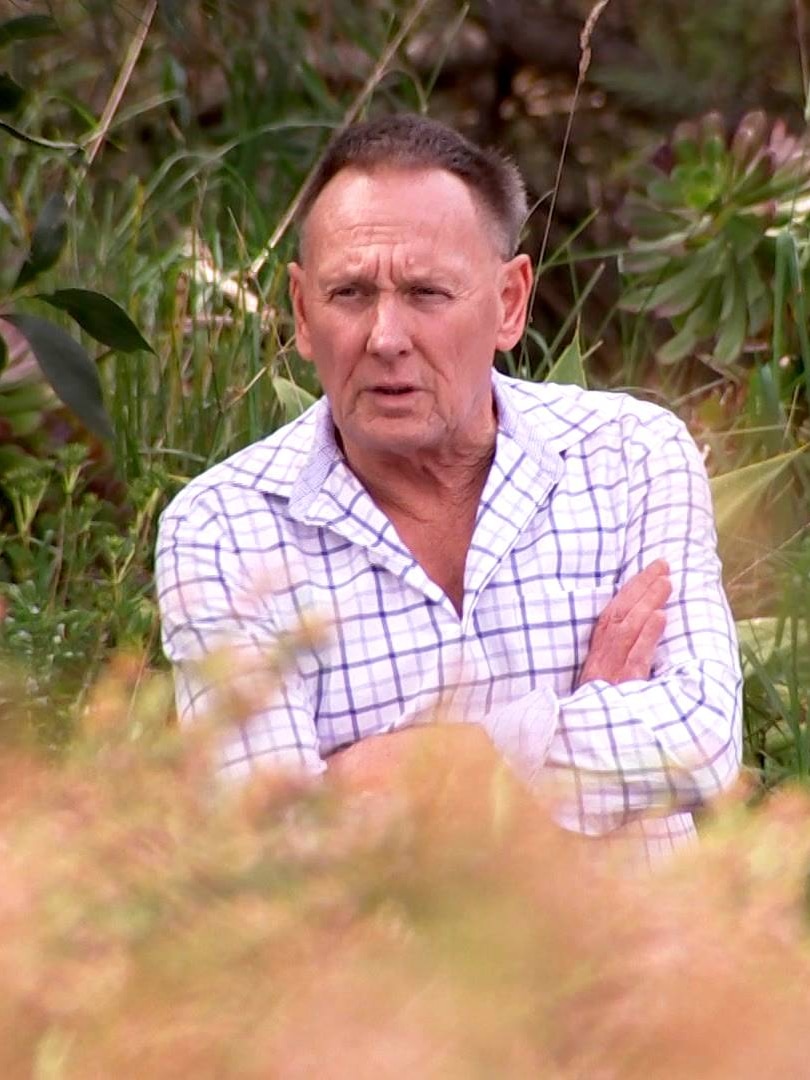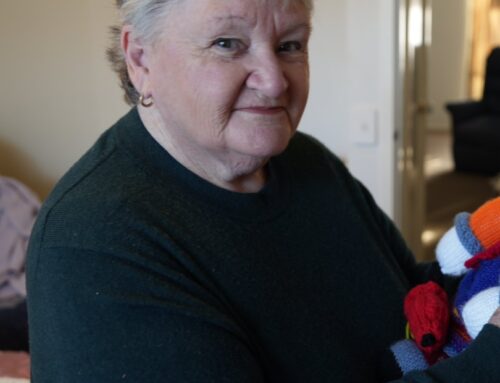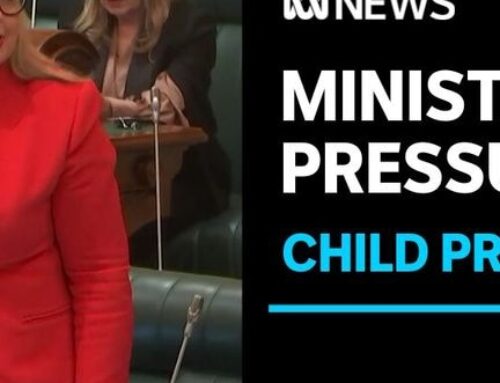A former CFS volunteer who deliberately lit several bushfires in the Adelaide Hills has been sentenced to more than a decade in jail for his crimes, which a judge said had caused “continuing trauma” for children who were caught up in the emergency.
Gregory John McGannon was charged after fires destroyed two homes and burnt 2,700 hectares of land near Cherry Gardens on a day of extreme heat in January 2021.
In September last year, McGannon — who had been a volunteer firefighter for 30 years — was found guilty of seven counts of causing a bushfire and one count of driving dangerously to escape police.
District Court Judge Emily Telfer today handed down a 13-year sentence for the fires and added 12 months for the aggravated dangerous driving offence, backdated to January 2021.
McGannon will be eligible to apply for parole in January 2030.
The court previously heard McGannon was drunk when he started the fires, and residents who were impacted by the crisis previously told the court of their grief and terror at seeing their homes and land destroyed.
Victims today wiped away tears as they listened to Judge Telfer read out her sentencing.
“I am unable to reach any real conclusion about why you did what you did,” Judge Telfer said.
Judge Telfer said she did not accept the defence’s position that McGannon had not intended to cause bushfires.
She said it was her position that “a fire burning out of control in the hills was precisely what you intended”.
“It was not unavoidable, it did not need to happen,” she said.
The maximum penalty for starting a bushfire is 20 years imprisonment, while the maximum for driving dangerously to escape police pursuit is five years.
‘Their world had been destroyed’
The court heard that McGannon had previously suffered two heart attacks, including one while imprisoned which required surgery.
Judge Telfer said he had also been assaulted in jail, which had caused ongoing issues with his teeth and jaw.
But she acknowledged “the catastrophic impact your actions had on many people who lived through the fire”, and the need for deterrence.
“The protection of the community and deterring you and others from embarking on such conduct must weigh heavily in sentencing,” she said.
Judge Telfer reflected on the victim impact statements, including one from a couple whose children, then aged five and seven, were forced to shelter in a wine cellar on their family property as the couple fought the fire.
“For hours those children did not know if their parents were dead or alive,” Judge Telfer said.
“When the children emerged from their hiding place they saw that their world had been destroyed.
“Their two children have continuing trauma from what they have endured, they are less risk-taking children and they worry about their parents.”
McGannon will also be disqualified from driving for three years to begin at the expiration of the non-parole period.
Outside court Inta Sellick, whose home was saved during the fire emergency, described McGannon’s crimes as “absolutely senseless” and expressed satisfaction with the jail sentence.
But she said she felt McGannon had still “got off lightly because he doesn’t have to do the hard physical work that the rest of the community has put in”.
“It has been a long road, it has been for all the community,” she said.
“It will keep the community safe and everyone in the Adelaide Hills and be a deterrent.
“I guess I was hoping that we might get some understanding about it, but it just doesn’t.”
CFS brigade captain Lisa Knight said the outcome would “bring some closure to the community”.
“But rebuilding goes on and Mr McGannon will have another nine years to contemplate his actions,” she said.
In a victim impact statement delivered to the court in February, CFS chief officer Brett Loughlin condemned McGannon’s actions as “abhorrent”.
He said the fact that McGannon “dared” to continue to identify himself as a former CFS volunteer had “served to try and tarnish the reputation of our members and our agency”.
“CFS has no leniency for this type of behaviour,” he said.
“Lighting so many fires in close proximity so as to overwhelm responding firefighters and ensure the greatest chance of creating a conflagration that needlessly threatened lives and communities is an abhorrent act.
“Our people knew they were under considerable pressure to do whatever they could to prevent the next Ash Wednesday-type impact from occurring.”
Posted , updated





